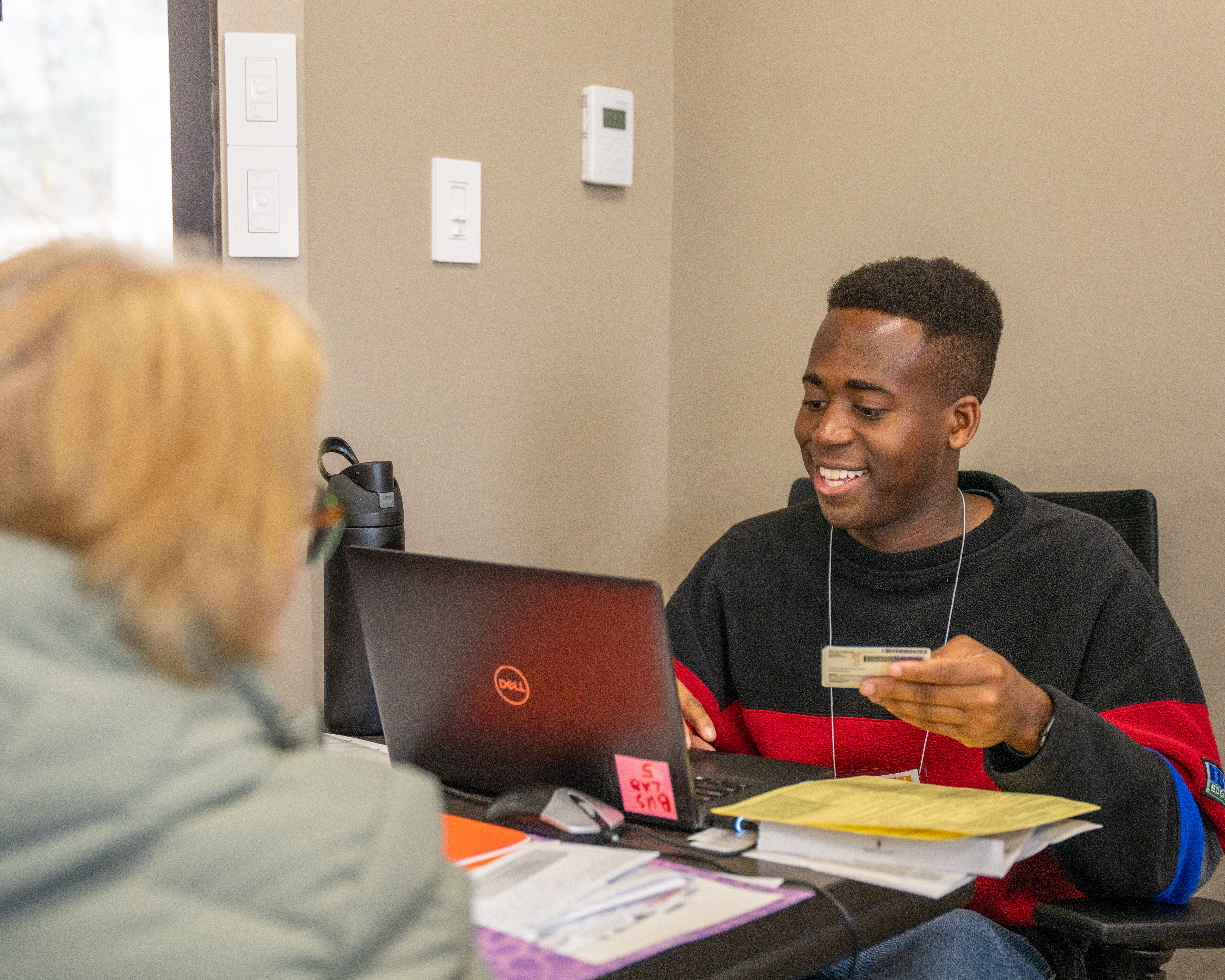Students Serve Through Tax Assistance
News
News

This tax season marks the 11th year students at Southern Adventist University have volunteered to complete tax returns for low-income and elderly community members in Collegedale, Tennessee, and the surrounding area.
Each year, School of Business professor Mark Hyder, JD, teaches students how to file tax returns in an accelerated course. “When I first came to campus, I thought this could be a good option for service-learning and internship credits,” says Hyder, who introduced the Volunteer Income Tax Assistance (VITA) program in 2014.
Participating students take the class and an exam during the first three weeks of the winter semester in January, and become certified by the IRS to file tax returns. The program is geared towards helping people in the community who cannot afford to pay for needed tax services.
Senior business administration major Colin Glenn, who is volunteering for a second year, says the program is an excellent opportunity to gain both knowledge and experience.
“Preparing to work in the business field made me realize that everyone earning income – both individuals and businesses – are required to pay taxes whether they know how to file or not,” he says.
“If you worked for an accounting firm, you’d be doing exactly the same thing for the company that I’m teaching you,” Hyder explains, noting that Southern’s teaching faculty are always looking to offer opportunities for students to experience real-world work scenarios.
The program is also a unique way for students to serve the community. “Over the last decade, we’ve secured $3.67 million in refunds for those in need in the greater Collegedale community,” Hyder says.
Glenn adds, “Serving is made easy at Southern, and VITA is one way that helps students envision how helping others as the hands and feet of Jesus can extend beyond the campus and after graduation.”
The views and opinions of campus guests do not necessarily reflect the official policy or position of Southern Adventist University. An individual's or group's invitation to speak or present on campus should not be regarded as a university endorsement of their philosophies and beliefs.